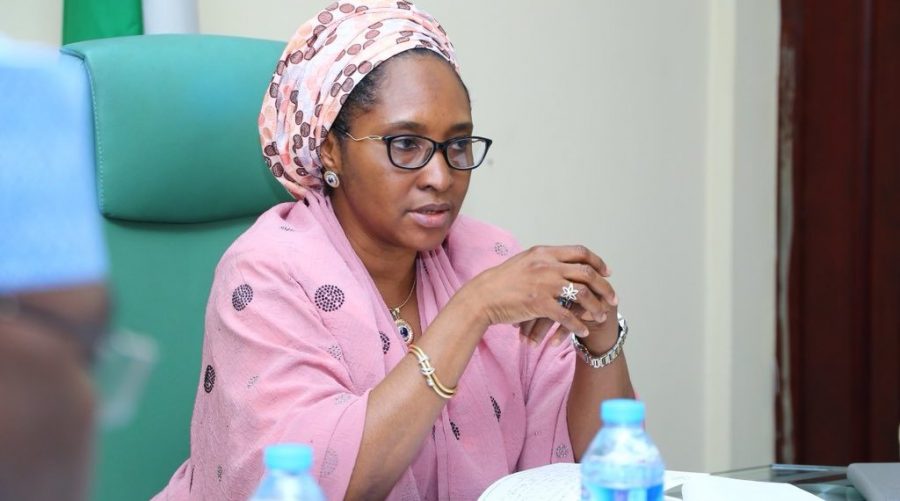The Federal Government has obtained a loan of $700 million from the World Bank.
The loan is meant to be utilized in providing portable water for Nigerians especially in those areas where water has been scarce.
It would also deliver improved Water Sanitation and Hygiene (WASH) services to 2,000 schools and Health Care Facilities and assist 500 communities to achieve open defecation-free status.
The projects are part of the Federal Government’s National Action Plan (NAP) for the revitalisation of Nigeria’s water supply, sanitation, and hygiene sector.
“In 2019, approximately 60 million Nigerians were living without access to basic drinking water services, 80 million without access to improved sanitation facilities and 167 million without access to a basic handwashing facility.
“In rural areas, 39 per cent of households lack access to at least, basic water supply services, while only half have access to improved sanitation and almost a third (29 per cent) practise open defecation, a fraction that has marginally changed since 1990,” said the statement.
The bank, however, said in recent years, the Federal Government had strengthened its commitment toward improving access to WASH services, spurred on by the need for Nigeria’s WASH sector to catch up with its regional counterparts.
This, it said, led to the government declaring a state of emergency in 2018 and launching NAP aimed at ensuring universal access to sustainable and safely managed WASH services by 2030, commensurate with the Sustainable Development Goals (SDGs).
It also said the programme would support NAP which was a 13-year strategy prioritising action within three phases.
They are Emergency Plan, Recovery Plan and Revitalisation Strategy and also the Clean Nigeria; Use the Toilet Campaign which aims to have Nigeria free of open defecation by 2025.
Shubham Chaudhuri, World Bank Country Director for Nigeria, said the programme’s centrality to the human capital agenda and its potential to influence key human capital outcomes could not be overemphasized.
He said this was because access to WASH was an important determinant of human capital outcomes, including early childhood survival, nutrition, health, learning and women’s empowerment, all of which in turn affected labour productivity and efficiency.
“Participating states will be able to improve access to safe water, sanitation and hygiene. This will help to keep more girls in school, create employment and reduce open defecation, while developing greater resilience to the impact of climate change and conflicts between different land and water users,” he said.
The SURWASH programme is performance-based and participation is open to all states in Nigeria based on their commitment to specific reforms in the sector.
It would support the Federal Government to enact necessary policy reforms and usher incentives for state and local governments, service providers, technical assistance providers and community-based organisations to effectively deliver sustainable services in the sector.
The bank said it would also support a package of investments to expand access to and increase the use of WASH services in urban, small towns and rural areas.


